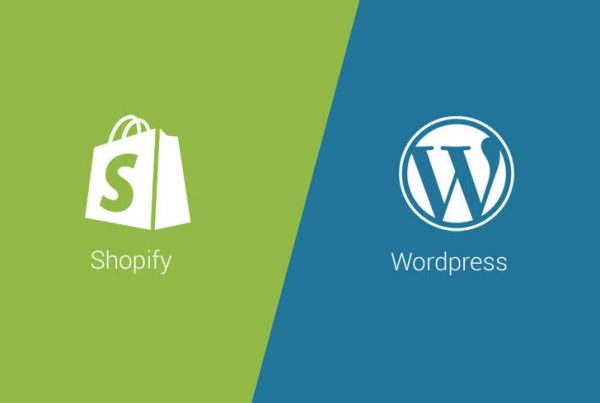As we all learned last week, Google’s efforts to strike content deals with the major media companies, on behalf of their YouTube division, seems to have hit a wall. Viacom pulled all their video clips, NBC accused them of “Mafioso” negotiating tactics, CBS backed off at the 11th hour of deal talks, while Fox and NBC continued to push their vision of launching a big media-backed YouTube competitor.
All such setbacks notwithstanding, it’s still pretty safe to predict that it’s just a matter of time before one of the big media brands caves in and strikes a ground-breaking deal with Google. And maybe not too much longer before Google starts buying programming directly itself.
At the center of such a forthcoming deal will be, of course, money. Specifically, the minimum amount of dollars that Google will guarantee the media company for every year of the deal term. Rumors are that they offered the old media giants as much as $500 million of guaranteed revenues per year, but it wasn’t enough.
Whatever the final guaranteed amount turns out to be, the bottom line is that Google is willing to take a substantial financial risk, upfront, to secure their rights for the distribution of content.
Taking such financial risks is nothing new to Google. In fact, one of the boldest moves they made early in their life was to offer AOL guaranteed revenues, a deal that could easily have bankrupted Google had it not worked out to expectations. Since then, they have used guaranteed minimums as a key weapon in securing every major deal they’ve closed — including the $900 million guarantee they made to MySpace.
But here is where Google’s dealmaking model gets even more interesting. Going back to their efforts with big media companies, Google’s willingness to guarantee substantial revenues further exacerbates the never-ending debate on whether “Google is a friend or foe” to the existing media establishment.
When you look at the big media companies that Google is trying to woo, like CBS, their business model is quite simple. First, they own distribution, which at the end translates into a fixed channel on your TV dial.
Buying programming is the risky part, as CBS must pay the producer in advance often without the comfort of knowing that the program will succeed in attracting a sufficiently large viewing audience. Lastly, CBS will sell advertising against their programming in the hopes that they will recoup their upfront investments in the shows and make a profit.
Given that, let’s now look at what Google is proposing to do. First, Google owns distribution, both at Google.com and now also at YouTube.com. Then, as they negotiate with the big media companies, they are offering to “buy” their programming for an upfront, bankable financial instrument — the guaranteed minimums.
Here, Google is taking a big financial risk as it is very unclear that the guaranteed minimums will prove to be a smart move. And Google will find that out as they sell advertising against the programming they purchased, in the hopes of generating sufficient revenues to cover the guaranteed minimum commitments and make a profit.
The parallels between an existing media company’s business model and the one that Google is pursuing are pretty strikingly similar, aren’t they? And as you click down further, you start to wonder what will stop Google from eventually going directly to the Bruckheimers of the world, cutting out the broadcast networks as middlemen?


